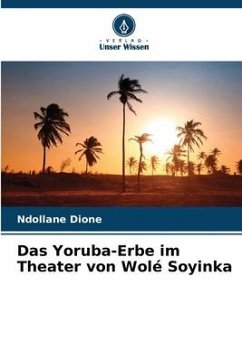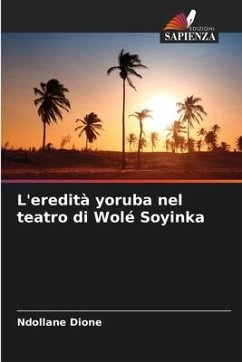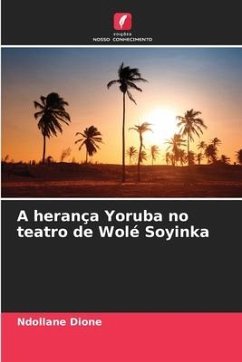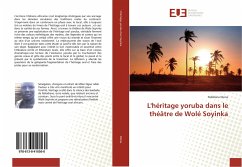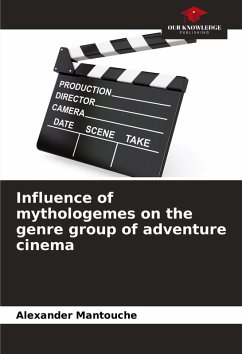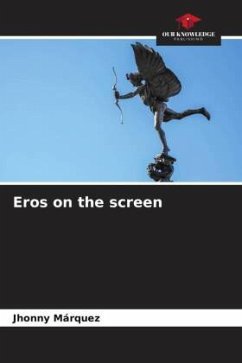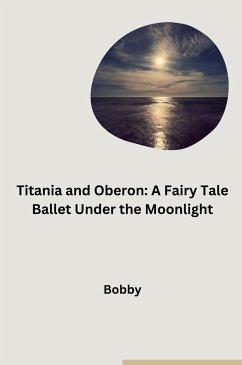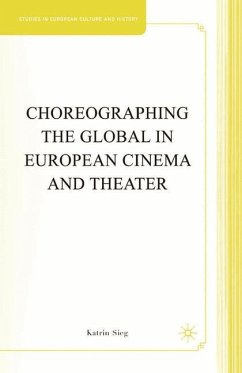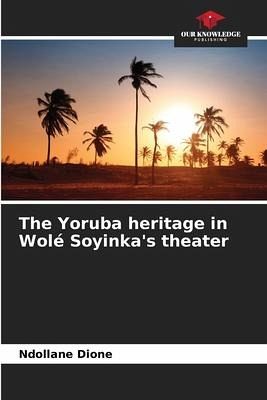
The Yoruba heritage in Wolé Soyinka's theater
Versandkostenfrei!
Versandfertig in 6-10 Tagen
74,99 €
inkl. MwSt.

PAYBACK Punkte
37 °P sammeln!
African literary writing has long been distinguished by its roots in the continent's age-old oral traditions. Expressing itself in a continuum in phase with the local, it has always drawn its material from the silt of oral heritage through these authors; and this in the variety of its forms. Wole Soyinka's theater, for example, exploits the Yoruba oral heritage, a ferment rich in the aesthetic values of myths, legends and tales, which, as a verbal art, offers a vision of the world and situates man within a relational universe. This study's rediscovery of oral traces is therefore justified by t...
African literary writing has long been distinguished by its roots in the continent's age-old oral traditions. Expressing itself in a continuum in phase with the local, it has always drawn its material from the silt of oral heritage through these authors; and this in the variety of its forms. Wole Soyinka's theater, for example, exploits the Yoruba oral heritage, a ferment rich in the aesthetic values of myths, legends and tales, which, as a verbal art, offers a vision of the world and situates man within a relational universe. This study's rediscovery of oral traces is therefore justified by the nature of its subject. An interesting reminder of the inextricable and essential link between written and oral literature, it offers, on the basis of a dramatic corpus, a reading of Yoruba existence through the medium of oral genres, and builds bridges between the local and the global, the past and the present, through the symbolism of transition. The work addresses the question of the galloping fragmentation of the oral heritage, and suggests ways of revaluing it.



